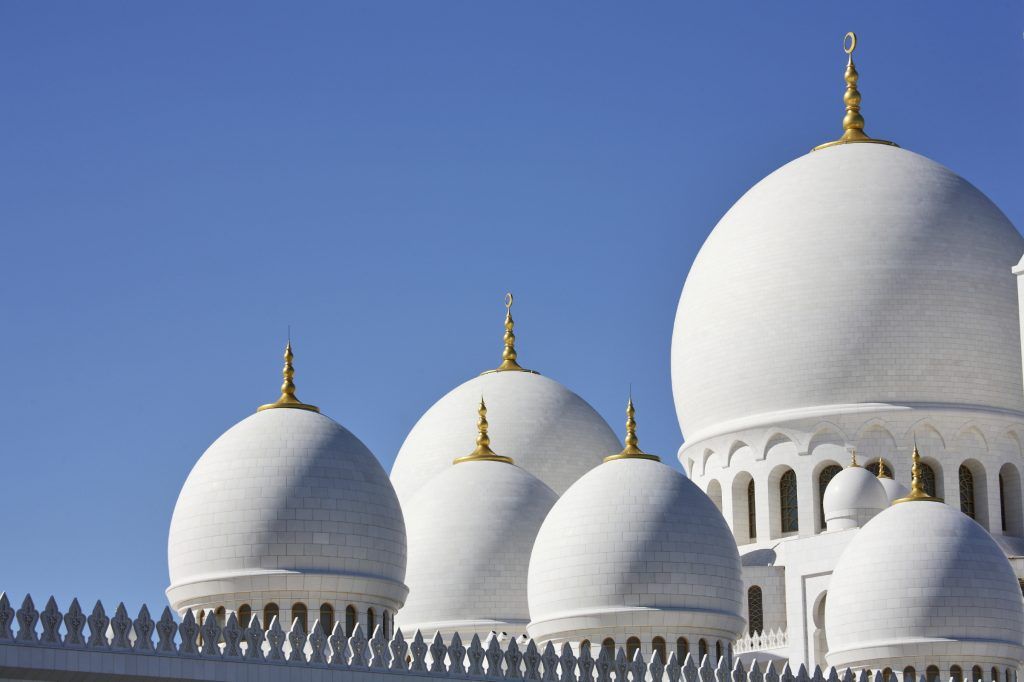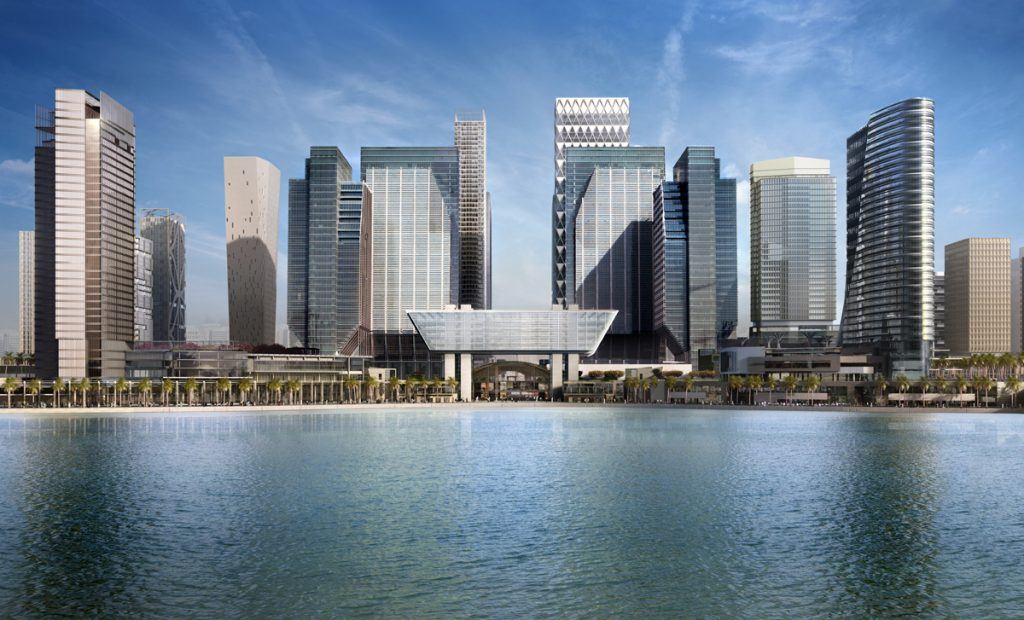Information hub
All the latest views and news here
A Student’s Guide to Islamic Finance
There is a common misconception that Islamic finance is an ancient creature built on archaic and rigid rules which will neither lend themselves to change nor are they likely to converge with the conventional banking practices observed in the West.Islamic finance is young.
It was born out of specific historical events in the 1970s, and although Shari’a law is by definition central to its inception, other variables such as politics, economics, culture, and demographics played an important role in its development.
Today, according to islamicfinance.com the Islamic finance market is estimated to be worth US$1.6 trillion, and expected to reach US$3.4 trillion by the end of 2018. To put this in context, it currently makes up approximately 1% of the global financial market, which is estimated to be worth US$127 trillion.
Unlike national laws, Shari’a is not a codified body of law that is reflected in statutes or a civil code. Instead, it is derived from a number of sources including the Quran, the sayings of the Prophet Mohammed and teachings (sunnah).
These sources are then subject to the interpretation of individual Shari’a scholars. These scholars are tasked with applying the sources of Shari’a to often complex financial transactions and differences of opinion on interpretation are common.
The most notable prohibition in Islamic finance is that charging interest on a loan is forbidden.
However, Shari’a does not prevent parties from conducting business and making profits so long as those activities provide that profits are derived from real assets, i.e. not just money itself, and there is a sharing of risk and reward between the finance provider and the entity or individual seeking finance.
So who uses Islamic finance?
Islamic finance is used by entities or financial institutions established purely to transact in accordance with Shari’a, such as an Islamic bank or investment fund.
Alternatively, entities such as real estate developers may seek to attract financing from Islamic banks or investment funds to increase their capital. Individuals may also use Islamic finance on the retail side by way of Islamic mortgages. Such mortgages are essentially structured transactions where the bank buys the property at the request of a customer, and leases it to the individual with the ultimate intention of transferring title once the original capital investment has been satisfied.
From an Islamic law perspective, the fact the bank owns the property in the interim justifies the premium charged for facilitating the transaction, which is added to the capital amount invested by the bank, and incorporated into the lease repayments.
Therefore, the interest is sidestepped and replaced with a ‘premium’, the basis of which is deemed not to be the advancement of capital, but rather the ownership of an appreciating asset.
The corporate world
Applying the principles of Shari’a to the world of corporate is obviously challenging and so lawyers and financial advisers work closely with Shari’a scholars to develop a structure and appropriate documentation for an Islamic finance transaction.
The growth in Islamic finance outside Malaysia really kick-started in 2005 and has continued to grow despite the global recession, with global Sukuk issuance – the Shari’a equivalent of a bond – in 2014 exceeding $100bn.
Islamic finance continues to propel growth on a global level. Islamic finance built the Shard, the Chelsea Barracks, Harrods, and is currently redeveloping the Olympic Park following the 2012 Olympic Games. In the Middle East, it is at the heart of property development in Dubai to oil and oil-related products in Saudi Arabia.
Shearman & Sterling has been at the forefront of a number of these transactions including the US$2bn Sukuk issued by Sadara to fund the joint venture between Saudi Aramco and The Dow Chemical Company in Saudi Arabia and the US$2.1bn financing of the Al-Dur 1,234MW power generation and 48MIGD water desalination project in Bahrain.
Middle East jurisdictions are also keen to promote Islamic finance by implementing legislation to help develop Islamic finance. Shearman & Sterling has played a key role advising the Abu Dhabi Global Market (ADGM) on the development of the regulatory framework for Islamic finance in the ADGM to place it at the forefront of the industry.




